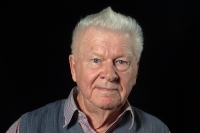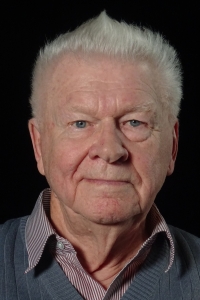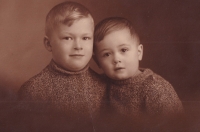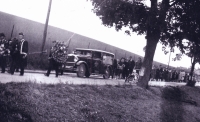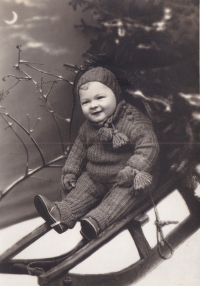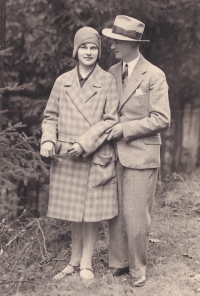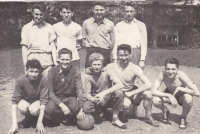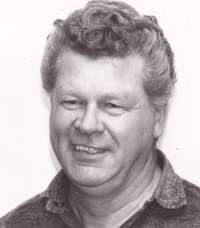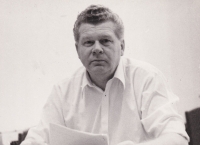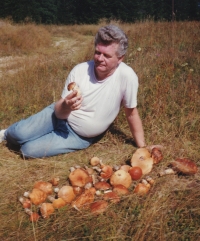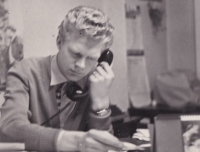He said no to the occupation. He was fired from the newspaper, ended up in a scrap yard

Download image
He was born on 20 May 1936 in Doudleby nad Orlicí. He spent his childhood in Choceň and then in Frýdek-Místek in northern Moravia, where his father got a job as a manager in a spinning mill. After graduating from grammar school, he worked as an editor of the company magazine Partyzán Šverma at the Jan Šverma mine in Ostrava. Subsequently, he became editor of the regional daily Nová svoboda (New Freedom). He joined the communist party because he believed that his work contributed to building a country where everyone would live well. However, he resented the fact that newspapers were subject to strict censorship under the communist regime. When Czechoslovakia was occupied by the Soviet army and other Warsaw Pact troops in August 1968, he participated in the publication of Spojené deníky (United Journals), which reported objectively on the Soviet occupation. He refused to consent to the entry of the occupying troops during the backgroung checks during the normalisation period, and the communists expelled him from the editorial office and from the party. He worked in a scrap yard until 1989. In 1990 he joined the daily Moravskoslezský den (Moravian-Silesian Day), which was founded by journalists who, like him, had not been able to practice their original profession during the totalitarian regime.
